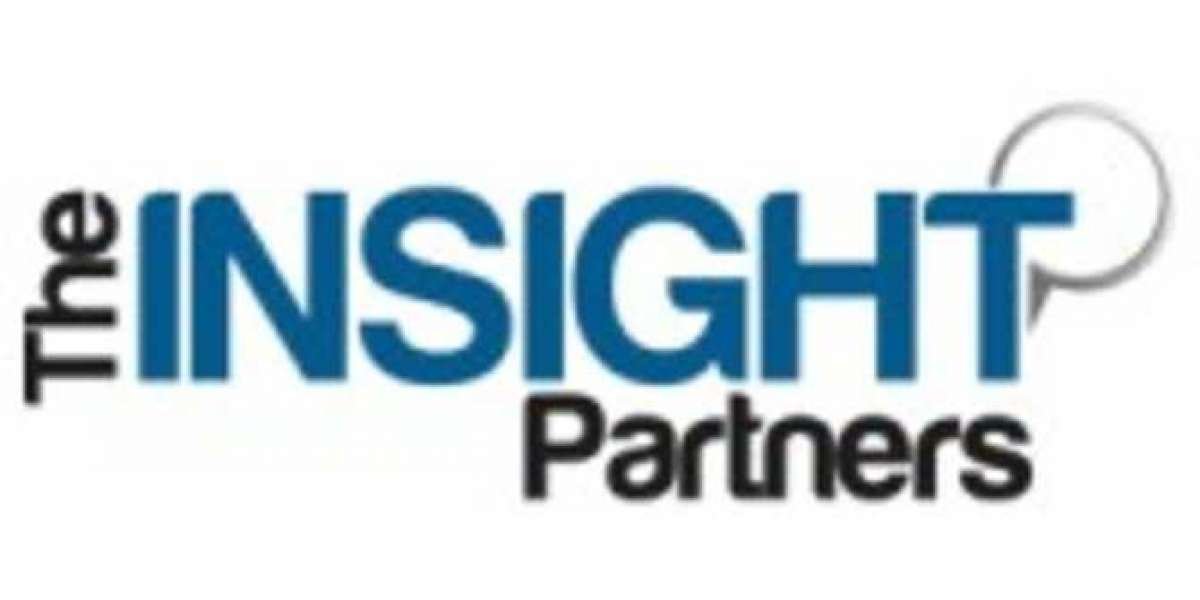The pharmaceutical industry plays a pivotal role in maintaining and improving public health worldwide. To ensure the efficacy and safety of medications, it is crucial to control and monitor the temperature at which pharmaceutical products are stored, transported, and distributed. This has given rise to the Temperature Controlled Pharmaceutical Packaging Market, a rapidly evolving sector that focuses on preserving the integrity of temperature-sensitive drugs.
Temperature-controlled pharmaceutical packaging is indispensable because many medications are highly sensitive to temperature variations. These variations can lead to chemical degradation, loss of potency, and even safety concerns for patients. Factors such as heat, humidity, and extreme cold can compromise the quality of pharmaceutical products, making it imperative for the industry to invest in sophisticated packaging solutions.
One of the primary drivers of this market is the increasing demand for biopharmaceuticals and biologics. These products, including vaccines, gene therapies, and monoclonal antibodies, are often highly temperature-sensitive. Ensuring their stability from manufacturing facilities to the end-user is paramount, creating a burgeoning need for advanced temperature-controlled packaging solutions.
Moreover, globalization has made the pharmaceutical supply chain more complex, with products often traveling long distances across various climate zones. This complexity has intensified the need for temperature-controlled packaging, particularly in the context of cold chain logistics. The transportation of vaccines and other temperature-sensitive pharmaceuticals for immunization programs, for instance, requires precise temperature control to maintain their efficacy.
In response to these challenges, the Temperature Controlled Pharmaceutical Packaging Market has witnessed significant innovation. Advanced packaging materials, such as insulated containers, thermal blankets, and phase change materials, are being employed to maintain the desired temperature ranges. Additionally, smart packaging solutions equipped with sensors and data loggers enable real-time monitoring, ensuring that pharmaceuticals remain within the prescribed temperature limits throughout their journey.
Sustainability is also emerging as a critical concern in this market. Companies are developing eco-friendly temperature-controlled packaging solutions that minimize waste and reduce the environmental impact. This aligns with the broader industry trend of incorporating sustainable practices at every stage of pharmaceutical production and distribution.
In conclusion, the Temperature Controlled Pharmaceutical Packaging Market is a vital component of the pharmaceutical industry's commitment to delivering safe and effective medications to patients worldwide. With the continued expansion of biopharmaceuticals, globalization of supply chains, and a growing emphasis on sustainability, this market is poised for sustained growth and innovation. As pharmaceutical companies continue to invest in temperature-controlled packaging solutions, patients can have greater confidence in the quality and efficacy of the medications they rely on for their health and well-being.














